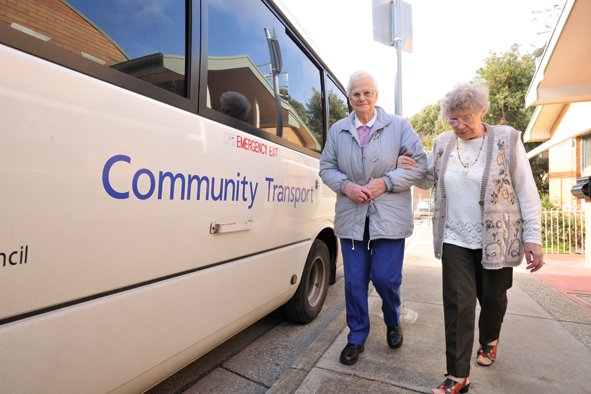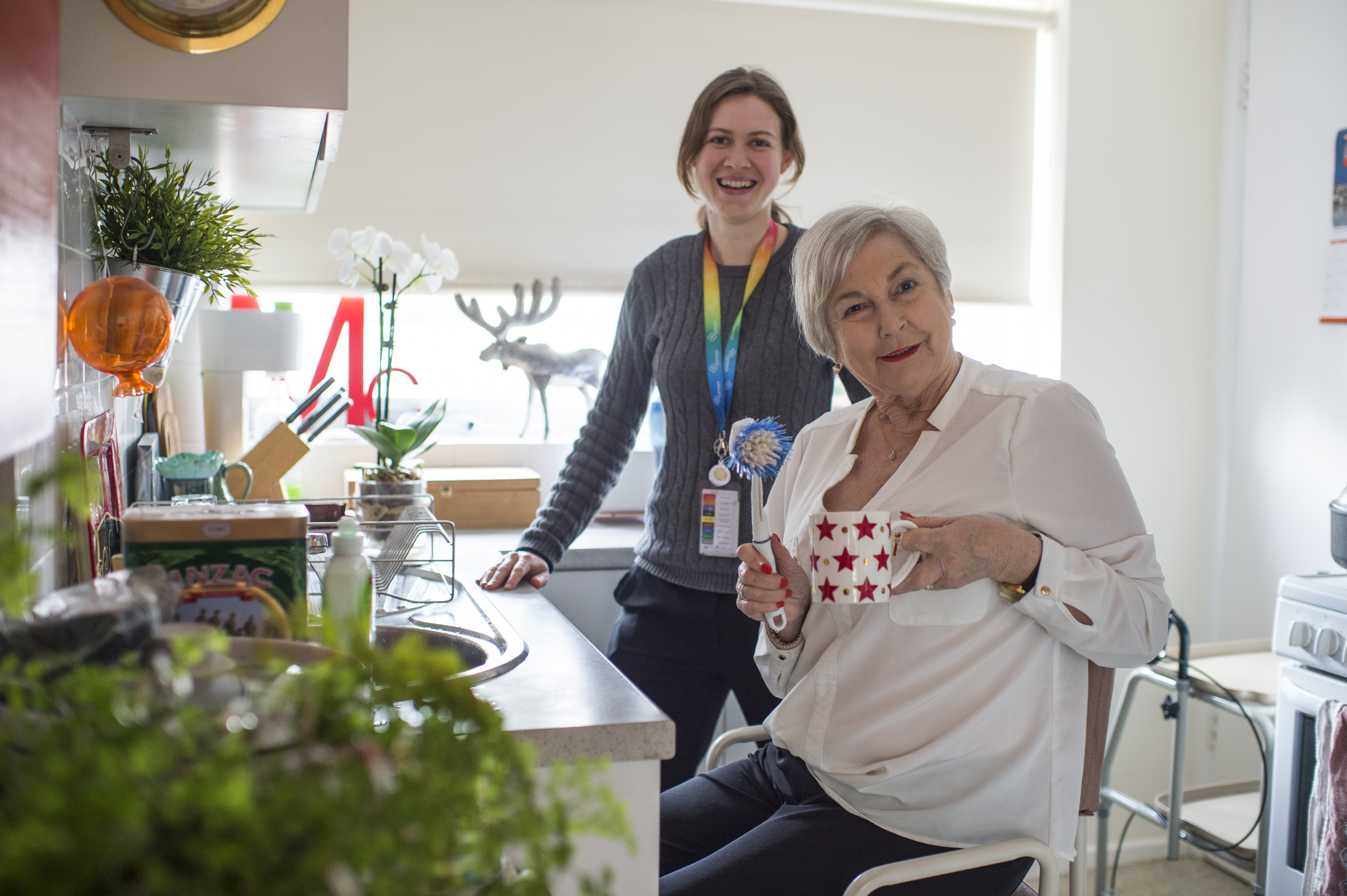Select from the following services

June is Bowel Cancer Awareness Month. As a nation, Australia has one of the highest bowel cancer rates in the world, with one in thirteen Australians being diagnosed with the disease over a lifetime. Bowel cancer is the second deadliest cancer in our country, claiming 5,375 lives in 2016.
While there is no guarantee as to who will and won’t develop bowel cancer, there are steps we can take to help reduce the risk of the disease. The following tips can be incorporated into your lifestyle to reduce the risk of bowel cancer, starting from today.
1. Maintain a healthy diet
According to Bowel Cancer Australia, consuming a high fibre diet with three servings of whole grains, such as brown rice or wholemeal bread, a day can reduce the chance of bowel cancer by 17%. Additionally, consuming 400 grams of dairy a day can decrease the risk 13%. It helps to be aware of the nutritional value of your meals. Reduce intake of red and processed meats, and substitute in healthier options, such as fruits and vegetables. For further advice on nutritional diets for a healthy bowel you can visit a Connect Health & Community nutritionist.
2. Quit smoking and reduce alcohol intake
Smokers are more likely to develop bowel cancer compared to non-smokers, and are even more likely to die from the disease. But every effort counts, so if you smoke and want to quit, or know someone else who does, visit the Quit helpline or call 137 848. Heavy alcohol consumption is also considered a risk factor. If you choose to drink, limit your intake and be aware of how much a standard drink is.
3. Learn your history
Factors we can’t change, such as age and genetics can contribute to the development of bowel cancer. Thirty % of bowel cancer cases are attributed to family background and hereditary factors, so it is important to be aware of your history so you can be prepared. If you have a family background of bowel cancer, tell your GP and have regular screening. Having a greater risk doesn’t necessarily result in bowel cancer, but staying on top of the screening process can ensure early detection.
4. Stay active
Maintaining a healthy weight and exercising regularly are both shown to decrease the risk of colon cancer. Even a 30 minute walk every day during your lunch break or a jog when you get home from work can help a lot.
5. Get screened
According to Bowel Cancer Australia, people over 50 with no history of bowel cancer should screen for bowel cancer every one or two years. Importantly, 98% of bowel cancer cases can be treated successfully if found early, however, less than 50% of cases are detected early. The ‘at home’ screening process is safe and easy, so take the time to get yourself screened and continue living a healthy, bowel cancer free life.
6. See your doctor if you have any of the early signs.
The following symptoms can be early signs of bowel cancer:
For more information on bowel cancer, visit http://www.bowelcanceraustralia.org/. For a one-on-one nutritionist service, call Connect Health & Community on 03 9575 5333.
A youth mental health initiative developed with students during Victoria’s lockdowns, is hoped to help reduce the stigma surrounding mental health issues and encourage teens to seek help early.
Read MoreOur Health Promotion team is supporting early learning centers through the Achievement Program, an initiative that helps services create a healthier environment for their students, staff and families.
Read MoreThis Children’s Week, we asked our paediatric team to share some of their favourite activities for kids that embrace the importance of play for a healthy lifestyle.
Read More
Speech pathologists provide assessment and management of communication, swallowing and feeding difficulties.
Read More
We have been offering safe and quality door-to-door transport options to our community since 1975.
Read More
We provide Occupational Therapy to help children, adults and those experiencing mental health issues, to achieve their full potential.
Read MoreSelect from the following services